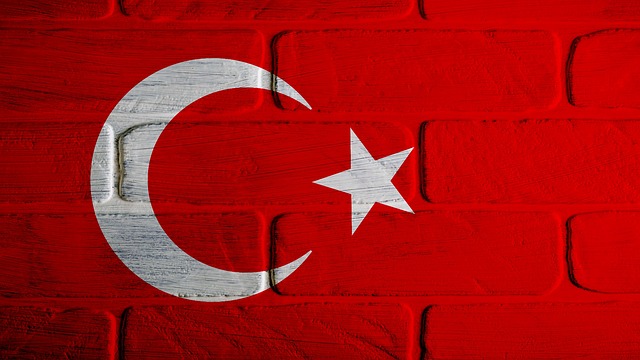
ProtectDefenders.eu partners have received worrying information about physical and verbal attacks of human rights lawyers in Turkey throughout the past few weeks.
On September 13, 2021, during the hearing of a case before the Diyarbakır 9 High Criminal Court, Diyarbakır Bar Association board members and human rights lawyers in the courtroom were verbally and physically attacked by police officers and a court president.
Human rights lawyer Lütfiye Berfin Gökkan, representing Free Women’s Movement (Tevgera Jinên Azad-TJA) Term Spokesperson Ayşe Gökkan, intervened to request the court to grant extra time to her client to prepare her detailed defense, as the court president had misunderstood Ayşe Gökkan’s defense, which took place in Kurdish. The court president yelled at the lawyer, saying “I didn’t let you speak, sit down, you’re stepping out of the line, I know what to do, I told you sit down, you know this case is horrible, there are three separate crimes of membership and propaganda, this is an extremely heavy case, let me do my job…”, banged his hand on the stand and said, “I’ll throw all of you out of the courtroom”.
After the president had removed the defense lawyers to decide on the request for extra time and denied it, he told the court officer to call for police officers, saying “I will throw all of these lawyers out of the courtroom”. Approximately 10 police officers entered the courtroom and were told “if even one defense lawyer tries to speak without me letting them you will throw them out of the courtroom. Use the force, grab them and throw them out”.
Defense lawyers were then admitted back to the courtroom and the statement taking of the defendant continued. Shortly after, Diyarbakır Bar Association president Nahit Eren, board member Mehdi Özdemir, and other board members entered the courtroom to observe the hearing. In the meantime, just as lawyer Özüm Vurgun stood up to leave the courtroom to get water for her client and the translator, the court president yelled at her “where are you going, you can’t leave without asking me, sit down”. Following this, the Bar Association president Nahit Eren stood up and introduced himself, and asked to make a statement, which the court granted him. Eren said “I didn’t ask to speak earlier not to disrupt the courtroom order, but I felt the need to speak after you unfairly intervened with our colleague once again. We would like to remind you that defense is fundamental for the trial and we do not accept your unjust attitude towards our colleagues. Not now, neither in the beginning of the hearing.”
The court president then yelled, “throw him out”. Lawyers objected that it is unlawful for lawyers to be removed from the courtroom, but the court president repeated “throw everyone out”. Police officers in the courtroom then proceeded to remove everyone from the courtroom, including lawyers, by using force. The police continued to attack despite a relative of the defendant in the courtroom passing out and collapsing because of it.
ProtectDefenders.eu partners also received concerning information about similar attacks in July and August. In July, human rights lawyer Abdurrahman Karabulut was harassed and threatened in relation to his work in defense of the Kurdish Dedeoğlu family, which was targeted by a racist attack.
In August, lawyers Harika Günay Karataş, member of the Hakkari Bar Association and of the Association of Lawyers for Freedom (Özgürlük için Hukukçular Derneği-ÖHD), and Tevfik Gündüz, also a member of the Hakkari Bar Association were assaulted by soldiers at the Yüksekova District Gendarmerie Command in Hakkari.
Turkey’s military operations along the border with Syria and in the Idlib region, its military intervention in Libya, its political manipulation of the Syrian refugee crisis, and its handling of the Covid-19 pandemic have all been used to reinforce its authoritarian policies towards critical media and its use of the judicial system for political ends. Even if Turkey is no longer the world’s biggest jailer of journalists, the risk of imprisonment and the fear of being subjected to judicial control or stripped of one’s passport is ever-present. The government controls 90% of the national media by means of regulators such as the High Council for Broadcasting (RTÜK), while the Press Advertising Council (BIK), which allocates state advertising, and the Presidential Directorate for Communications (CIB), which issues press cards, use clearly discriminatory practices to marginalise and criminalise the regime’s media critics. All means possible are used to eliminate pluralism. In this “New Turkey” marked by Recep Tayyip Erdogan’s hyper-presidency, one in which arbitrary decisions by magistrates and government agencies are the new normal, Internet censorship has reached unprecedented levels. Questioning the authorities and the privileged is now almost impossible. If international social media platforms fail to appoint a legal representative in Turkey and apply the censorship decisions taken by Turkey’s courts, they are exposed to an escalating range of sanctions that include fines, withdrawal of advertising, and reduction in the bandwidth available to them.


